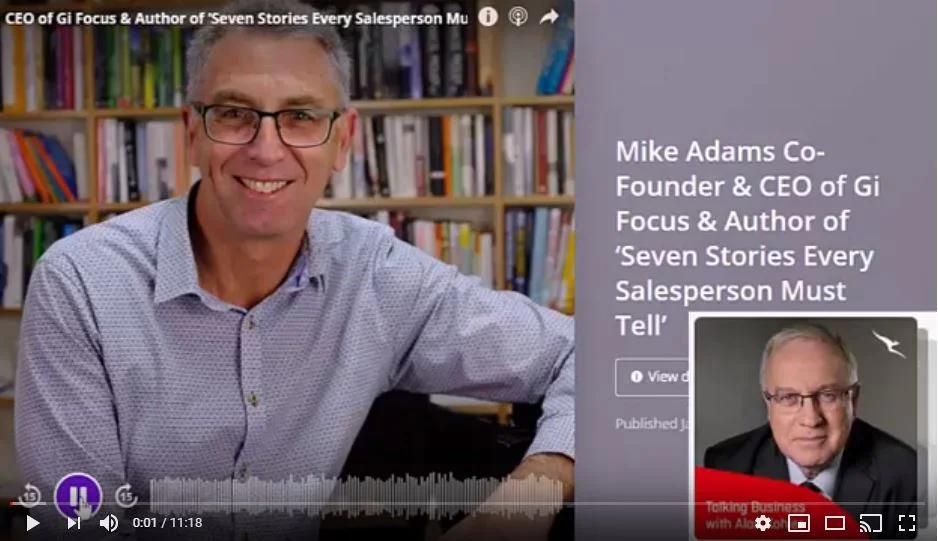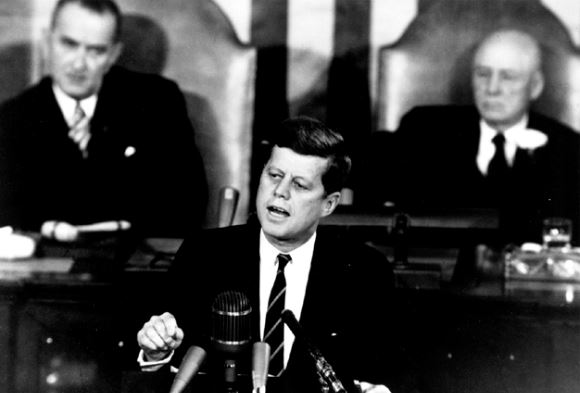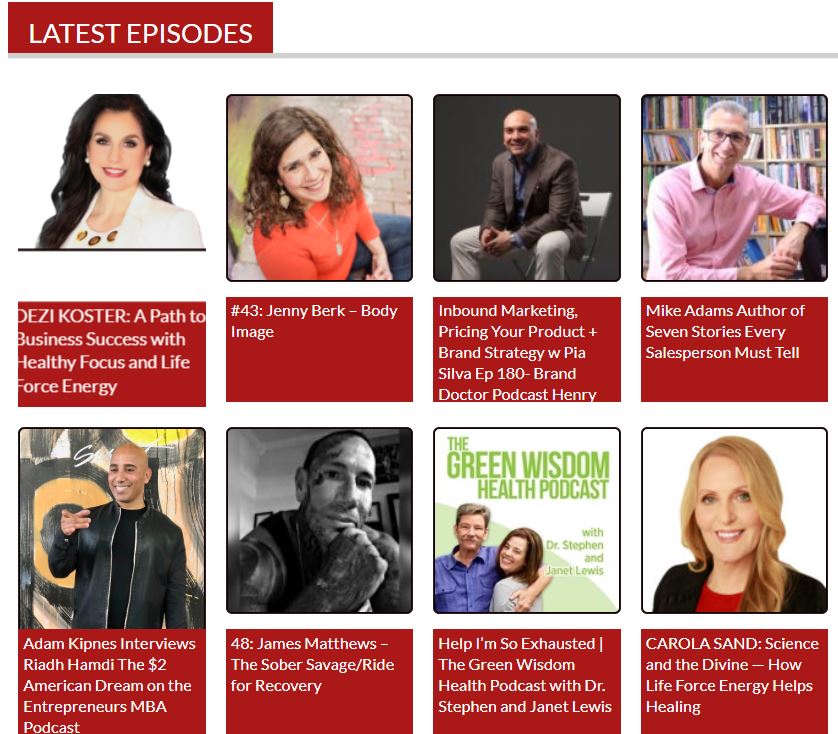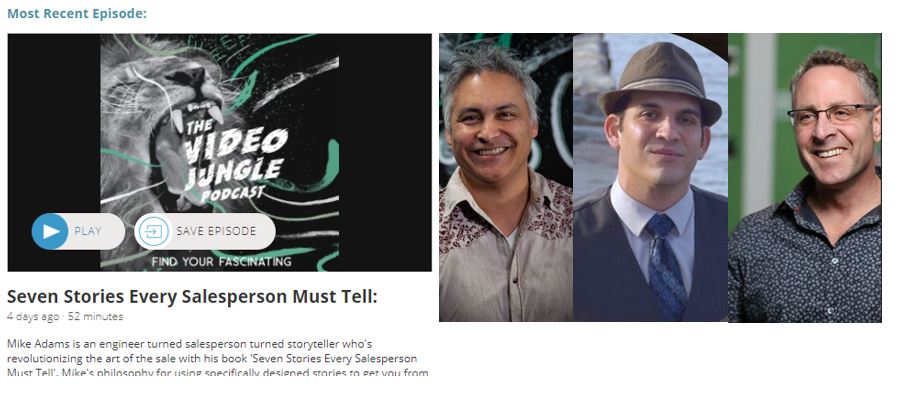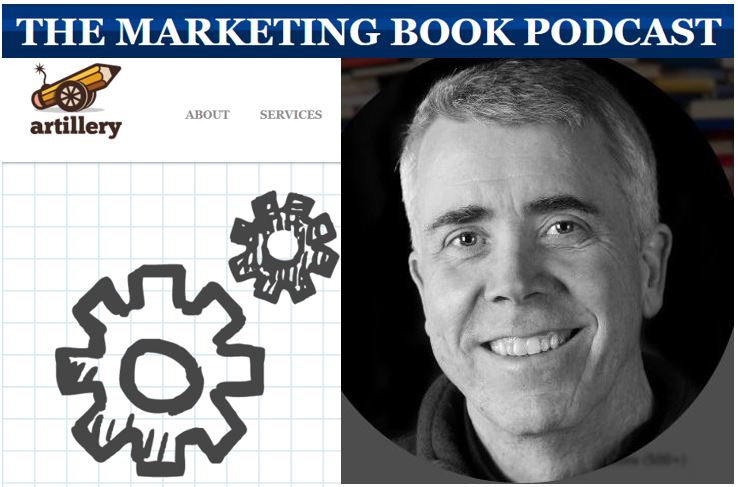Reproduced below is Andy Paul’s list of the top-10 books to accelerate learning of Sales Professional in a high-growth teams.
Fantastic to see Seven Stories in this list.
Article by Andy Paul, internationally renowned b2b sales consultant and CEO of the SalesHouse and author of:
Amp Up Your Sales: Powerful Strategies That Move Customers To Make Fast, Favorable Decisions
Zero-Time Selling: 10 Essential Steps To Accelerate Every Company's Sales
Reproduced from Andy Paul’s LinkedIn post and letter to his The Sales House group on the 15th Feb 2019.
There are literally hundreds of books that every sales professional should read. I’ve read a good many of them.
So, what’s special about these 10 titles I'm going to share with you today?
Well, this list was created with a singular purpose: to accelerate the learning curve of sales professionals. To enable them to become specialists in B2B selling.
The books were chosen in consultation with a client to address the specific learning needs of their rapidly expanding sales team in a high-growth start-up.
This is not a "Top 10" or "Best Of" list. It’s just a list that fits a particular need.
(Before I list the books let me apologize in advance to all my author colleagues that have written wonderful books about sales. Many of you have been guests on my podcast and I still love your books. There will be other lists.)
Recommended to be read in this order:
1. How to Win Friends and Influence People - Dale Carnegie
This book is as relevant today as it was when it was first published more than 80 years ago.
2. The Only Sales Guide You’ll Ever Need - Anthony Iannarino
Anthony lied. He’s written two other excellent books on sales. Start with this one.
3. 15 Secrets Successful People Know About Time Management - Kevin Kruse
My favorite book on personal time management. With its emphasis on managing your time from your calendar I believe this method is the best fit for sellers to use.
4. Influence: The Psychology of Persuasion - Robert Cialdini
The classic. You can’t be in sales and not read this book.
5. Amp Up Your Sales: Powerful Strategies That Move Customers to Make Fast, Favorable Decisions - Andy Paul
I know the author.
6. The Science of Selling - David Hoffeld
An engaging summary of the actual science and research that’s been conducted into how we connect and influence other people.
7. The Go-Giver - Bob Burg
A wonderful allegory about how to serve more customers by expanding your impact and influence.
8. Seven Stories Every Salesperson Must Tell - Mike Adams
A practical guide to telling the stories that influence decisions.
9. The Speed of Trust - Stephen Covey Jr
Learn why trust is a quantifiable asset and how it accelerates economic relationships (like buying and selling.)
10. The Perfect Close - James Muir
Traditional closing techniques are obsolete. James provides a very practical guide to helping your buyers across the finish line.













